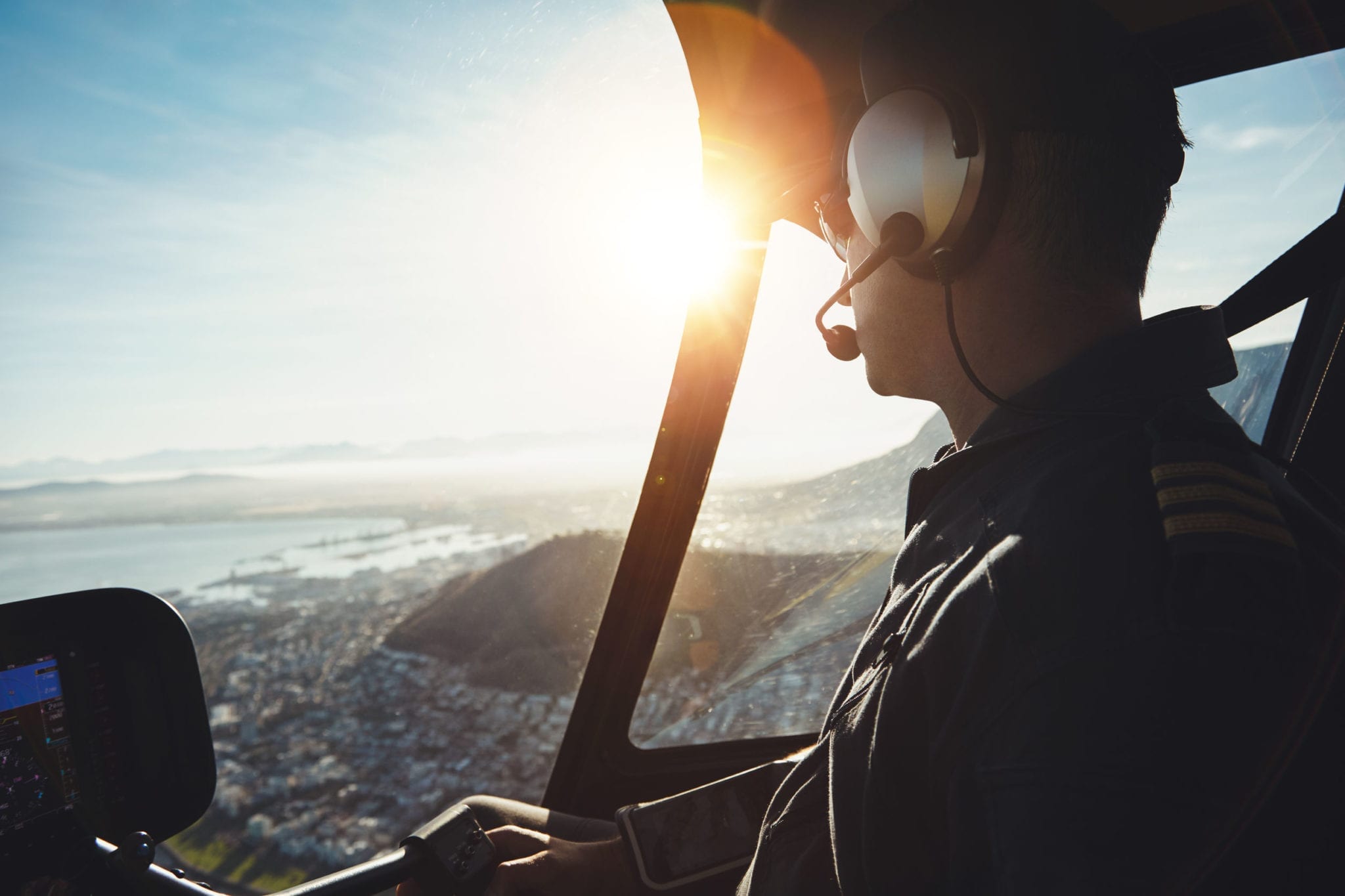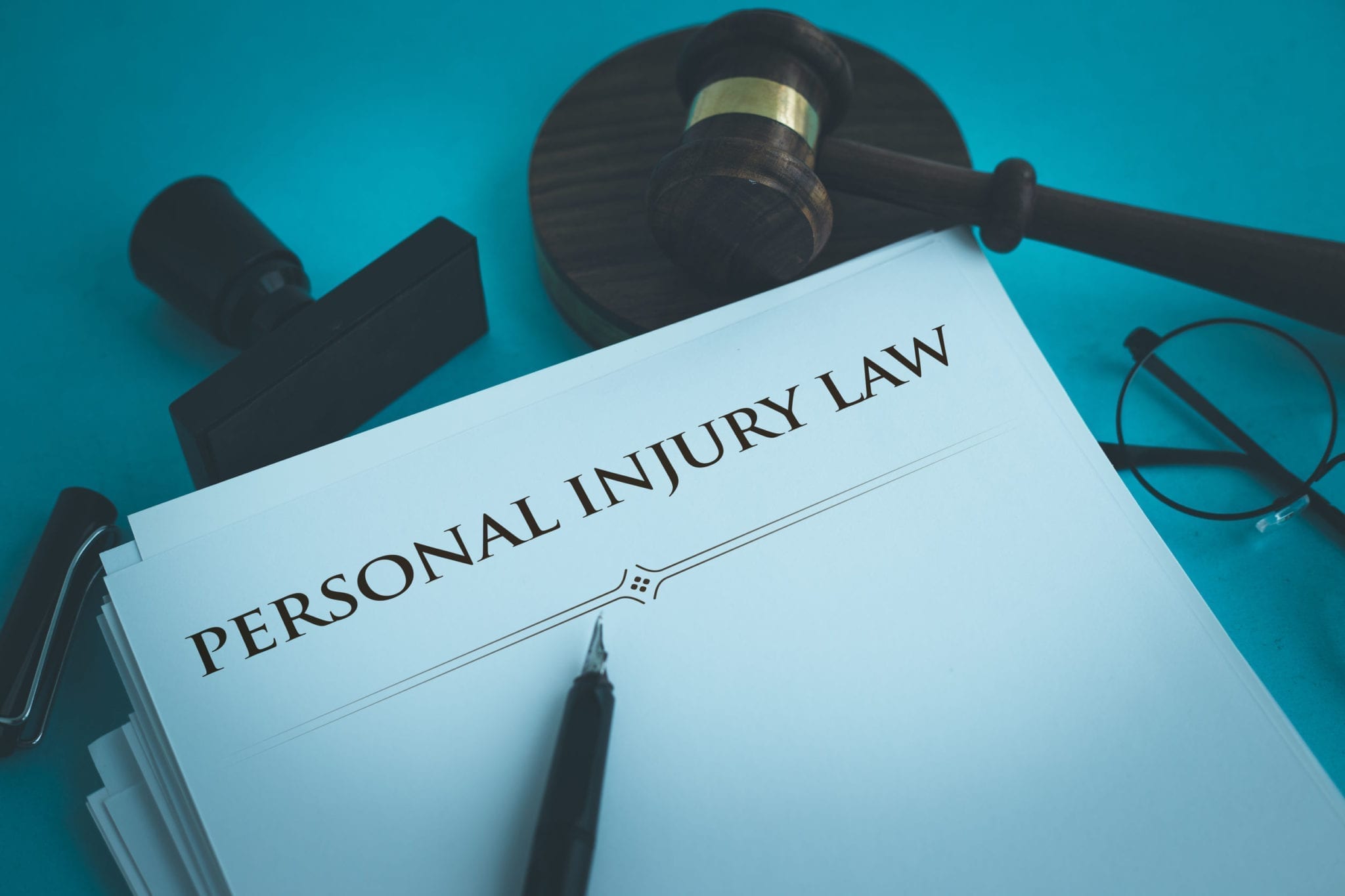Florida Helicopter Tours: Are They Really Safe?
More and more Florida vacations are including helicopter tours – there’s one for virtually every price point now. Don’t forget the old adage, though: “You get what you pay for.”
You might think that flight certification is flight certification, but unfortunately it’s not quite that simple. All helicopter pilots are not created equal.
The science behind how a helicopter is able to fly is more complex than a fixed-wing aircraft, and it requires specially trained operators with rotor-wing licensing – separate from their FAA-issued airman certificate. Training includes proficiency testing in areas of physics, regulation, and maneuvering abilities specific to flying a helicopter.
Don’t let misinformation lead to an accident on your Florida vacation. If you or someone you love has suffered an injury while on a helicopter tour, a knowledgeable personal injury attorney can help you fight for the compensation you deserve.
Florida Helicopter Accidents: Stories and Statistics
First things first. Helicopter accident rates have decreased in the last five years by about a third. However, there were “a few months during 2017 with uncharacteristically high accident totals,” according to United States Helicopter Safety Team data. Additionally, while new helicopters report fewer mechanical problems overall, nearly all helicopter tour fatalities arise from faulty equipment or pilot error.
Why does this matter?
Because we know that Bell Helicopter separated from its blade manufacturer in 2014, DuPont battled in court over an inadvertent landing gear retraction (which had allegedly caused a military Staff Sergeant’s death in 2017), and even as late as November of last year, reports about Robinson Helicopter’s civilian aircraft safety issues continued to come into question.
Furthermore, you too can have your helicopter pilot’s license for the price of a small car. That’s right – if you’re over 18 and speak English, you can open your own helicopter tour company within the time it takes you to pass written, oral, and practical flight tests, and log 15 hours of pilot-in-command time! (We find that only slightly frightening.)
The FAA’s effort to address aircraft quality includes “taking an active role in advancing safety through new technology, collaborative policy changes, and proactive outreach.” As far as pilot inexperience, they say they are expanding safe practice education among the civil helicopter community.
Still, none of these solutions address increased risk with under-regulated and overpopulated tours. When these copters fly the same airspace as both public and private aircraft, your tour is automatically at higher risk.
In short, while accidents seem to be down over the last few years, decreases in aircraft quality, increased accessibility to licensing, and expansion in this sector of the tourism industry may be creating a perfect storm for that to change.
Pilot Negligence in Florida Helicopter Crashes
While flights require multiple safety checks before the copter ever even leaves the ground, flying is physically – and mentally – demanding. Pilots must constantly anticipate the effects of every decision and move they make, and errors can come from all over – from lack of training to poor training to physical or mental fatigue.
Additional human-based factors typically preceding helicopter tour injuries include:
- Improper flight planning
- Failure to comply with weight and balance limitations
- Improper craft maintenance
- Faulty procedures and checklists
- Attempting dangerous maneuvers in an effort to impress
Even as early as 2015, we’ve seen how personal technology can add to pilot negligence as well.
It doesn’t stop with pilot negligence, either. Even if your pilot is on point, there’s still the company to think about.
Company Fault in Florida Helicopter Injuries
Because of the complexity of these machines, there is no “unimportant” part – every single one is a potential cause of injury or death when not functioning properly. Besides the pilot, there are a laundry list of entities and individuals that touch, inspect, maintain, and service a helicopter.
When an injury occurs, the source of the issue must be sought out immediately, starting with the manufacturer. This can be daunting and costly.
Unlike airplanes, which can receive inspection at the airport, helicopters must be sent back to the factory or a licensed repair station for a full breakdown, thorough investigation, and total reassembly for every regular inspection and irregular issue that arises.
Common issues that the companies involved may be responsible for include, but aren’t limited to:
- Metallurgical failure
- Design or production defects
- Improper maintenance and installation
Regardless of whether it is the company or pilot who is responsible for a helicopter injury, the premise for handling your negligence claim is the same.
When a person suffers injuries that exceed coverage, a lawsuit may be filed in order to hold the responsible party accountable for their actions and to recover compensation for your damages. Do not pay for someone else’s mistake.
About the Author:
Andrew Winston is a partner at the personal injury law firm of Winston Law. For over 20 years, he has successfully represented countless people in all kinds of personal injury cases, with a particular focus on child injury, legal malpractice, and premises liability. He has been recognized for excellence in the representation of injured clients by admission to the Million Dollar Advocates Forum, is AV Preeminent Rated by the Martindale-Hubbell Law Directory, enjoys a 10.0 rating by AVVO as a Top Personal Injury Attorney, has been selected as a Florida “SuperLawyer” from 2011-2017 – an honor reserved for the top 5% of lawyers in the state – and was voted to Florida Trend’s ”Legal Elite” and as one of the Top 100 Lawyers in Florida and one of the Top 100 Lawyers in the Miami area for 2015, 2016, and 2017.
 How Florida Birth Injury Liability Works
How Florida Birth Injury Liability Works 


















